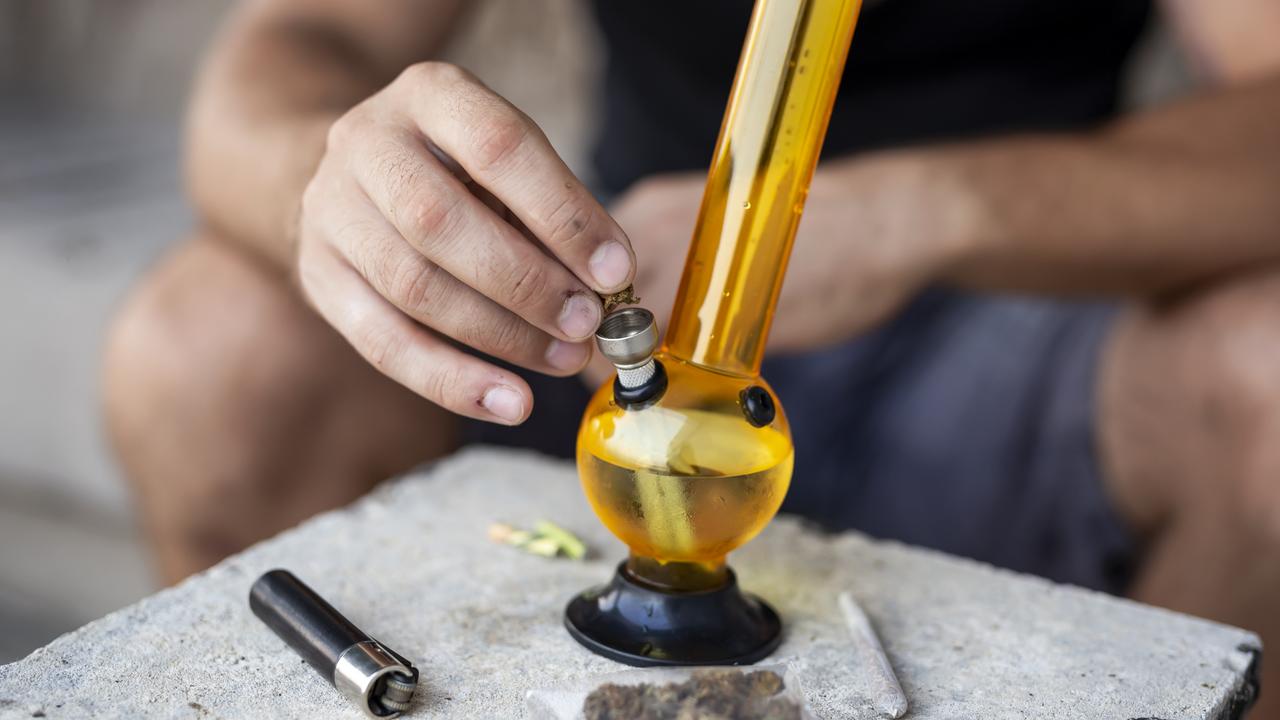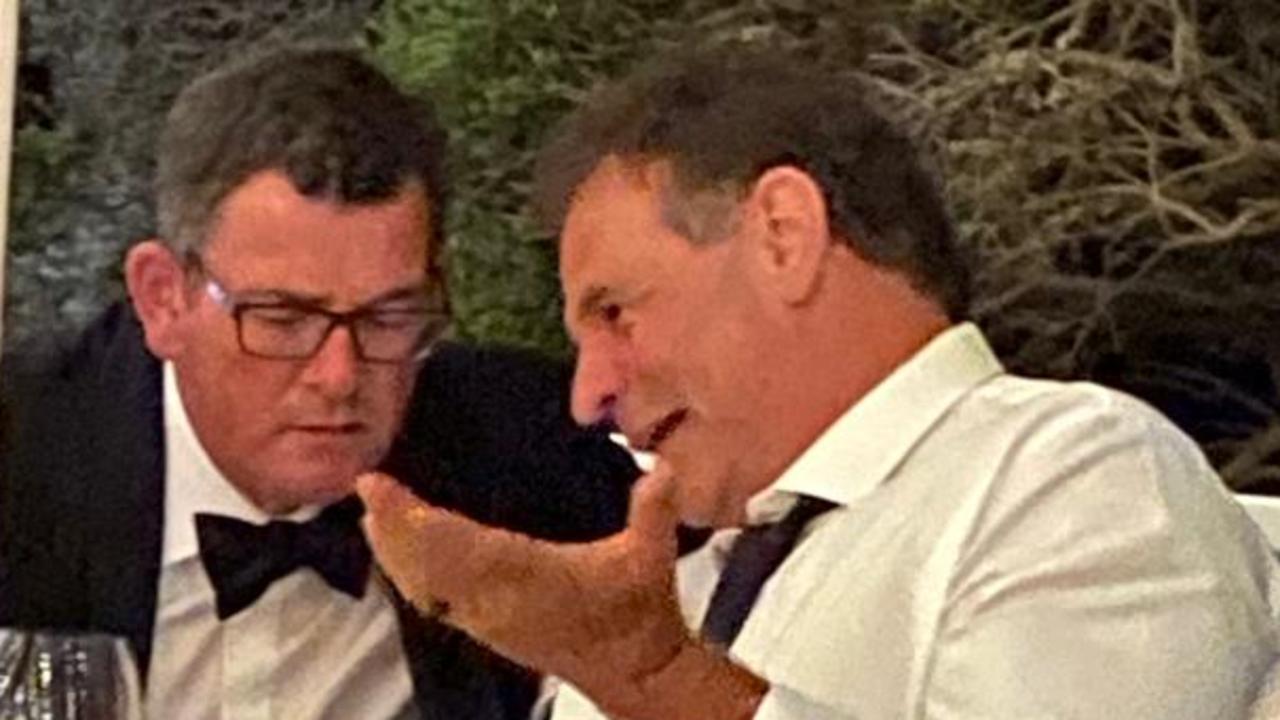New homes will no longer have to connect to gas under a plan to phase out fossil fuels in Victoria
The government’s push to phase out residential gas use has raised fears it is “setting up Victorians to be losers in the long run”.
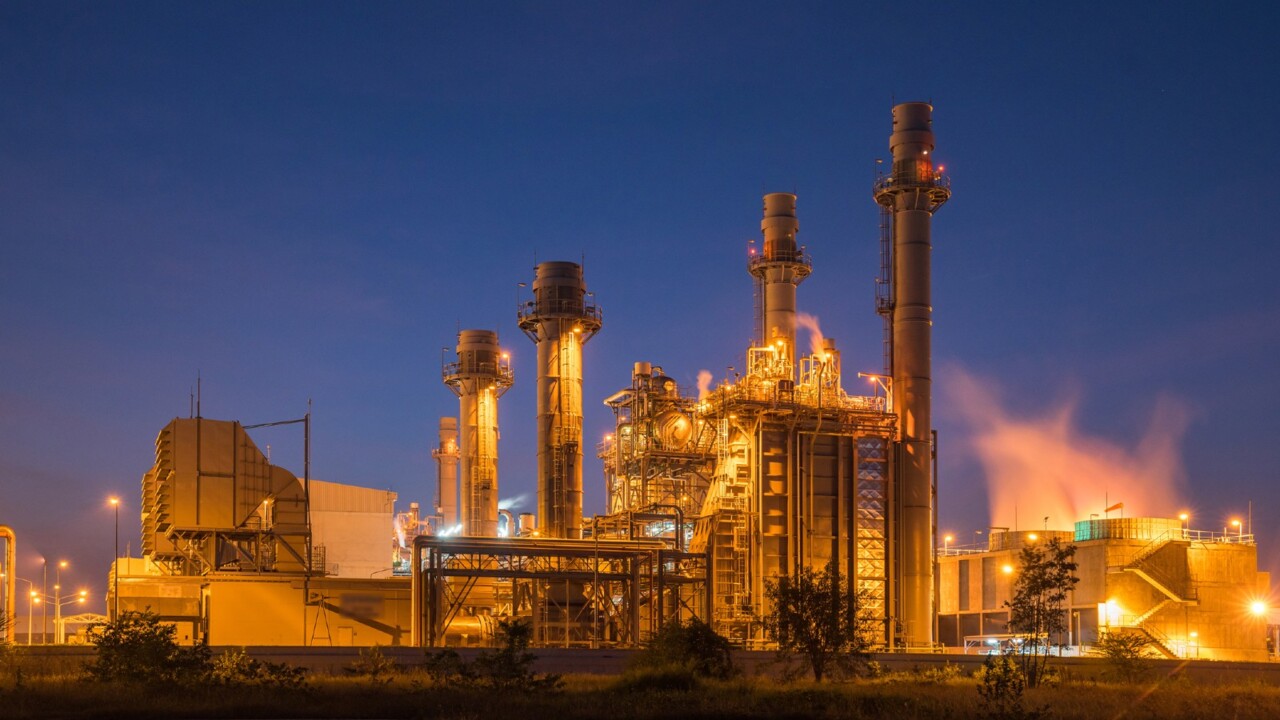
Victoria
Don't miss out on the headlines from Victoria. Followed categories will be added to My News.
Households will be offered a $2600 rebate to switch from gas heating to an efficient electric system under a government push to phase out residential gas use.
And new homes built in Victoria would no longer have to be connected to the gas network, in a bid to shift more people to renewables and reduce the state’s carbon footprint.
But the government has revealed the cost for families to switch over all appliances and hot water systems from gas to electric at one time wouldn’t come cheap – with an average $15,500 needed even with new rebates in place.
To give households a choice about when and whether to make the switch, no timeframe has been given for slashing residential gas use in the updated Gas Substitution Roadmap, which is designed to show how the state can “decarbonise”.
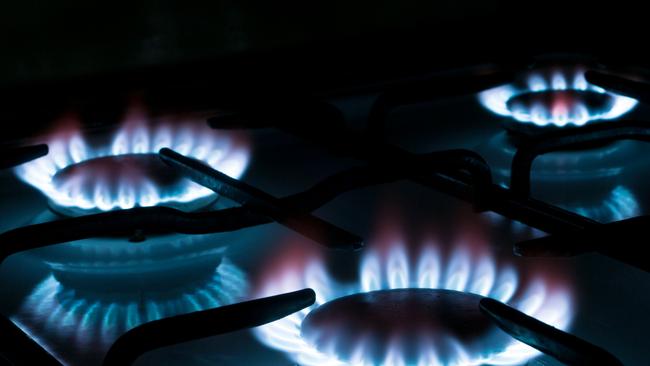
‘Roadmap is full of potholes’
Gas Energy Australia chief executive Brett Heffernan said the roadmap was a “deological dawdle to a future with less reliable power”.
“The Minister fails to acknowledge that the lack of gas supply in Victoria is in no small part due to the Victorian government’s ban on on-shore exploration,” he said.
“This roadmap is full of potholes.
“With coal-fired power shutting down, renewables simply are not filling the breach. We need clean gas more than ever and will well into the future or else the lights will go out.”
Mr Heffernan said the rule change denied Victorian choice for heating and cooks by locking some into electrification.
“It ignores that renewable gases can tap into the existing delivery network of pipes, cylinders and tankers,” he said.
“Deliberately seeking to deny Victorians access to these new net zero technologies is myopic in the extreme.
“The gas delivery network is comprehensive and can service the renewable gas needs of Victorians for generations to come.
“We need as many horses in the renewables race as possible, limiting the field of runners to just electricity makes no sense and sets up Victorians to be losers in the long run.”
The government hopes the new $2600 Victorian Energy Upgrade rebates, which are paid for by consumers through energy bills rather than from government revenue, will provide enough incentive – alongside skyrocketing gas prices.
Subsidies for gas appliances that have been in place would be phased out next year.
The government says its modelling shows a saving of up to $1020 a year for all-electric solar homes compared to dual-fuel properties.
Social services groups say the Roadmap is missing details about how vulnerable families who can’t afford or manage electrification would be supported, while environment groups said the plan was the “bare minimum” needed to accelerate climate change solutions.
Gas industry groups also savaged the plan as “philosophy over fact”, but Energy Minister Lily D’Ambrosio said she had the balance right.
Ms D’Ambrosio said the energy source used by almost four in five households in Victoria was “no longer the cheap fuel it once was”.
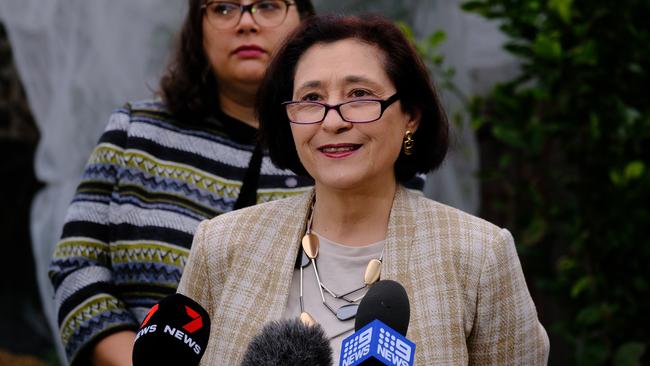
Rather than ban connections to gas in new developments, as pushed by environment groups and the Greens, the government is proposing a change to the planning scheme where it is not compulsory to provide a gas connection.
Ms D’Ambrosio said this was about providing people “choice”.
The government says this would drive down bills because it is now cheaper to run off renewable power.
Social services and industry groups have previously cautioned that the government’s “savings” figures do not account for the costs of rewiring homes.
As well as the $2600 rebate, the Victorian Energy Upgrades program will also include a new $300 hot water system rebate.
The VEU is designed to offer subsidised appliances that reduce emissions while saving people money on bills.
But it is currently under scrutiny for being rorted by companies delivering display fridges to homes or businesses that were never used.
Ms D’Ambrosio said the Roadmap provides a pathway to boost hydrogen and biomethane use, as well as renewables.
This provides industry certainty for investment, she said, while “reskilling and preparing the Victorian workforce to take up new exciting sustainable employment opportunities”.
“We’re making it easier for Victorian households and businesses to go all electric with more choice and more support,” Ms D’Ambrosio said.
“Victorians have been at the mercy of private gas companies for too long, it’s time to put gas on the backburner as we help Victorians cut energy bills and halve emissions by 2030.”
Environment Victoria chief executive, Jono La Nauze, said the announcement was a “step towards ending Victoria’s dependence on expensive, polluting gas but lacks urgency and vision”.
“We welcome the fact that the government will no longer force millions of Victorians to use gas and provide greater support for people to shift to all electric homes to do so – but that really is just the bare minimum,” he said.
“After rumours the gas lobby had pressured the government into shelving the road map altogether, the fact it has been released is genuine progress, but for a government that talks big on climate, where is the big vision for a gas free Victoria?”
Industry groups have warned the roadmap is “heading in the wrong direction” and could result in increased costs for consumers.
Australian Petroleum Production and Exploration Association acting chief executive, Damian Dwyer, said the roadmap was philosophy over fact.
“In Victoria, more than 60 per cent of electricity is still generated using higher emissions brown coal, and as has been made abundantly clear in the last month, renewables are simply not yet at high enough penetration to shoulder the load,” Mr Dwyer said.
“That means encouraging consumers to switch to electricity is effectively switching to coal.
“ … the widespread failures of coal-fired generation over the past few months has risked reliability and seen costs increase – and ironically it was the very gas this government is trying to substitute that saved the day.”
Mr Dwyer said coal will be put under even more pressure as plants close.
He said the roadmap sent a disappointing message to potential investors in new gas supply, which would exacerbate costs caused by long standing bans on development.
“The roadmap claims to be about choice but it tries to pull the wool over consumers’ eyes about the very things that matter to them – cost, reliability and emissions reduction,” he said.
St Vincent de Paul Society policy manager Gavin Dufty said changes made from a draft Roadmap were welcomed but there are still gaps to be filled.
“What’s missing in this roadmap is how the government will support vulnerable and disadvantaged households, in particular those in social, community and public housing or where the built environment makes full electrification very difficult or extremely expensive,” he said.



